There’s a reason neighbourhood policing has always been seen as the very backbone of British policing
It is also at the heart of identifying, preventing and disrupting criminal behaviour.
Officers working in response policing do a valiant and invaluable job. They answer 999 calls and assist the public in emergency situations.
But sadly, their ability to make sustainable change in problem areas is limited, through the nature of their roles.
This is where effective neighbourhood policing comes in. With information at its heart, officers and PCSOs get to know the key characters, locations and vehicles involved in criminality or antisocial behaviour.
They use information and intelligence given by the public to identify patterns and hotspots. They then use a problem-solving approach to nip any issues in the bud.
That’s why it’s so important to get neighbourhood policing right. If effective, it builds a clearer picture of crime in Cleveland’s communities and reduces unnecessary demand on response teams.
And the message from communities is clear. They tell me daily about the need for more visible and proactive policing in their communities.
Operation Resolve
Recently, I saw first-hand the power of neighbourhood policing when I attended an early morning drugs raid. The force’s proactive outfit Operation Resolve conducted the operation.
Coming at the start of the National Police Chief Council’s Neighbourhood Policing Week of Action, the work done by the Operation Resolve team perfectly demonstrated the power of proactive, intelligence-led policing.
I witnessed police raid a cannabis farm spanning a parade of three shops in Hartlepool, seizing drugs with a street value of £800,000.
Across the whole week, a total of £1.6m-worth of drugs were seized and 35 people were arrested. In addition, police took a number of weapons off Cleveland’s streets – including knives, a sword and baseball bat.
It’s my aspiration that Cleveland Police continues to improve to have one of the most effective neighbourhood policing functions in the country.
Under the leadership of Chief Constable Mark Webster, I believe this could be a real possibility within the next few years.
It goes without saying that every bit of information submitted to the police is helpful. Whilst you may not see an immediate response to your report, it helps add to the picture police need to seek warrants and conduct raids.
You can report information via our new app COPA – visit our website and join the 2000 people who have already downloaded it.
Steve.
